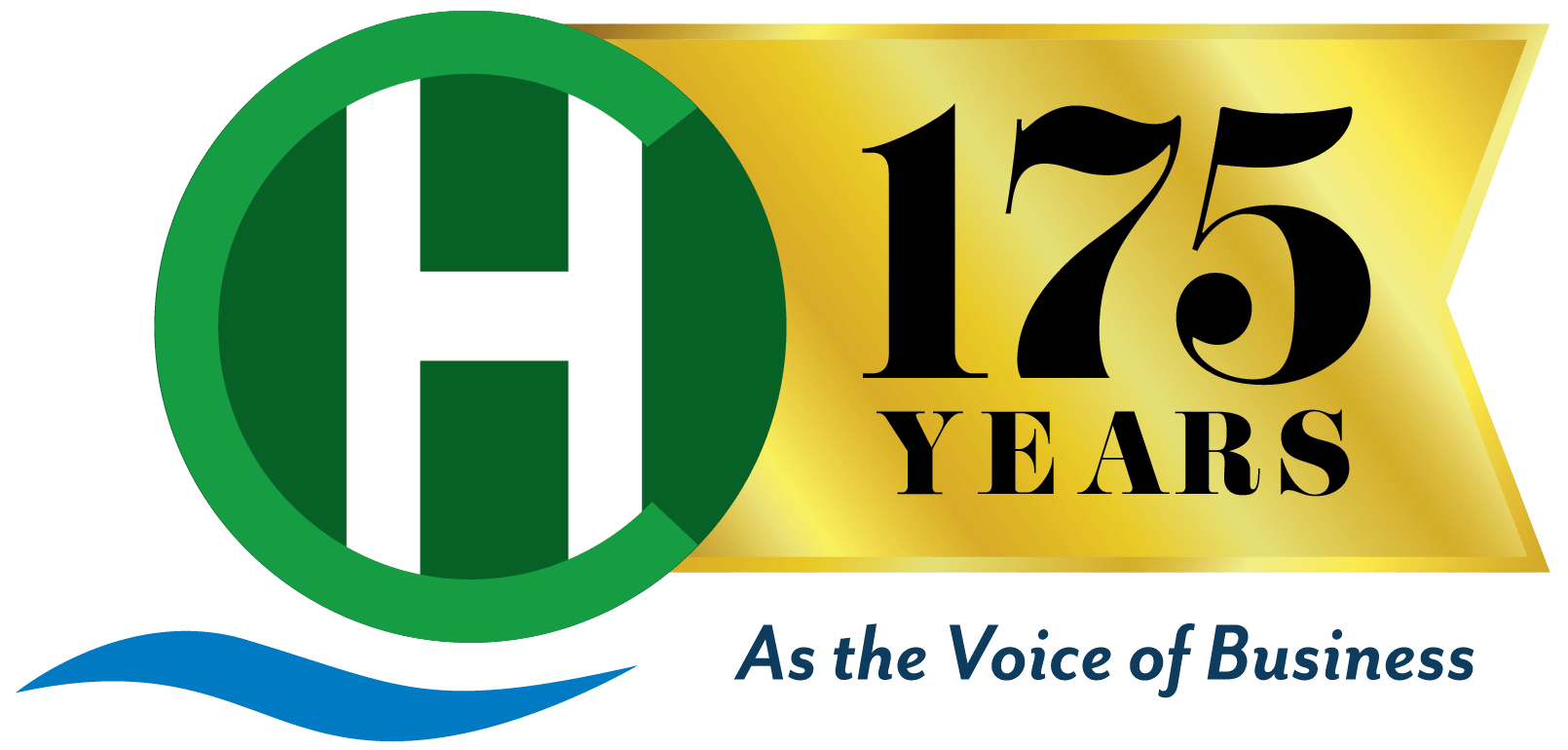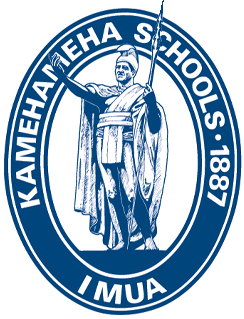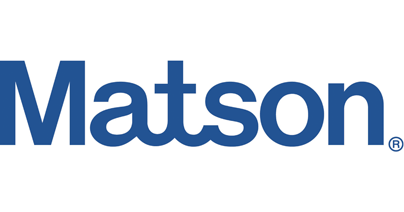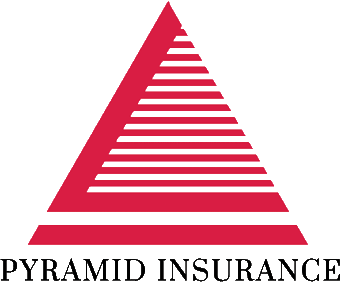
Gregory Dunn
President & CEO
Hawaii Theatre Center
Gregory Dunn is a Mentor Hawaii Cohort 10 mentor. Learn more about the program here.
About Gregory
Gregg has been appointed as president and chief executive officer for the Hawaii Theatre Center, bringing with him a strong track record in entrepreneurship, membership development, program enhancements, fund development, recruitment and project management. In this current role, he oversees all aspects of the state’s preeminent performing arts venue and its real estate holdings to direct growth and ensure consistency of HTC’s message and mission to be the place to celebrate arts and culture in Hawaii.
Prior to joining Hawaii Theatre Center, Gregg has spent the last five years as the President & CEO of Hawaii’s Better Business Bureau where he led the effort to reposition the iconic brand in the marketplace, both locally and internationally through his service on the international BBB Operating Committee, and as chairman of the BBB’s international BBB Brand and Technology Development committees. Gregg also previously served as the Vice President of Operations for the privately-held Hawaii-based real estate investment firm Fair Horizon LLC where he spearheaded the organization’s residential property acquisition and sales division. For the prior nine years, he was the Executive Director of the Hawai’i Nature Center where he led the completion of a capital campaign which resulted in the construction of a new Environmental Education campus on Oahu, and enacted an expansion of the center’s programs on Maui and Kaua’i.
A long time Hawaii resident, he was first brought to the state as the operations manager in charge of establishing both the Barnes and Noble Superstores of Honolulu and NikeTown Honolulu. He also was instrumental in the redevelopment of the Atherton YMCA at the University of Hawaii-Manoa where he served as the Executive Director.
Gregg most recently completed his term as a member of the Family Programs Hawaii board of directors and has served in other community roles as a trustee and chairman of the HDS Foundation and as a director on the boards of Hawaii Dental Service, Hawaii Alliance of Non-profit Organizations and the Waikiki Community Center. He is a recipient of the Wallace Alexander Gerbode’s Ho’okele Award for outstanding non-profit management, and was recognized by the Hawaii Community Foundation as a PONO Fellow. He was also recognized as a member of PBN’s 40 Under 40 class, and was a finalist for the Business Leadership Hawaii non-profit award.
An accomplished yachtsman and sailor, Gregg is a Staff Commodore of the Waikiki Yacht Club, a member of the Pacific Club and in his free time has worked with the Waikiki Yacht Club educational foundation in raising funds to expand sailing opportunities for youth and young adults.
Hawaii Theatre Center has played a significant role in Honolulu’s cultural landscape since 1922. The mission of the nonprofit Hawaii Theatre Center, established in 1984 is to provide a broad range of entertainment, cultural and educational experiences; promote redevelopment and revitalization of downtown Honolulu/Chinatown; and enhance the quality of life in Honolulu. The Hawaii Theatre Center is a 501(c)3 non-profit organization and was recognized as the “Outstanding Historic Theatre in America” in 2005 by the League of Historic American Theatres and, in 2006, received an Honor Award by the National Trust for Historic Preservation. Listed on both the State and National Registers of Historic Places, the restored Hawaii Theatre re-opened in 1996, and attracts 80,000-100,000 patrons a year to its beautiful auditorium.
Question and Answer with Gregory
What is your preferred communication style when mentoring (in-person, video conference, phone, informal check-ins, structured meetings, etc.)?
In-Person Meeting, Informal Check-In, Activity, Meal
Why do you want to become a mentor in this program?
I was a prior mentor in this program and enjoyed meeting and working with up and coming leaders in our community. I feel that it’s an obligation of every executive to spend time building the skills and capacity of up and coming leaders.
What specific skills, knowledge or experience can you share with your mentee?
My career has been centered around the key themes of community building, management, people development, relationship building, and business development. Personally I am involved in community service, the arts, cooking and music.
What are your expectations for a mentor-mentee relationship?
I would hope for a mentee who would commit the time to enjoying conversation about challenges they are facing, taking the time to better themselves based on suggestions and also would bring new and exciting ideas to the relationship that I can learn from.
How do you approach problem-solving and conflict resolution?
Problem solving requires a very analytical approach in securing as much information on the problem set, its inputs and outputs, and then determining the various outcomes that might be expected to come out with a favored approach. Conflict resolution is more about helping people to get past their intuitive emotional response and look at the ways in which their reactions are leading them into conflict. Through talk between the parties we can then build bridges of understanding and get to a place of trust that will resolve the conflict.
How do you envision success for your mentee, and how will you measure it during the program?
I like to measure success in the program by the continued communication and friendship with the mentee after the program. There are mentees I’ve worked with as long as 25 years ago who still reach out to me for advice, or just to have coffee and catch up. Though we may refer to this program as a mentor-mentee relationship, we are deep down connected through our community as leaders, and will be able to work together for the betterment of the community in the future.








































